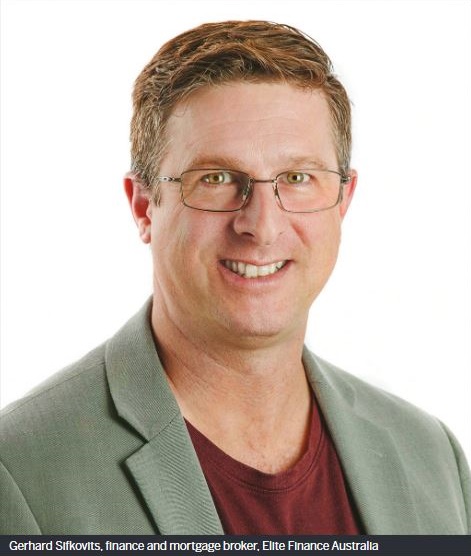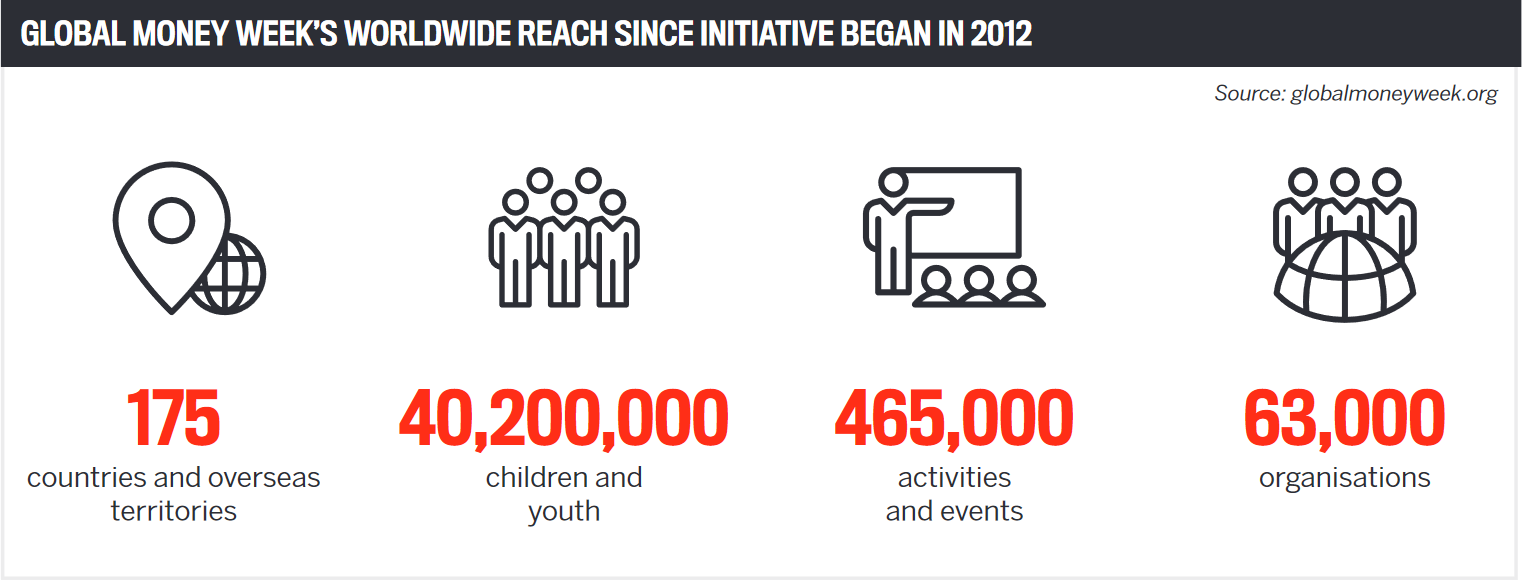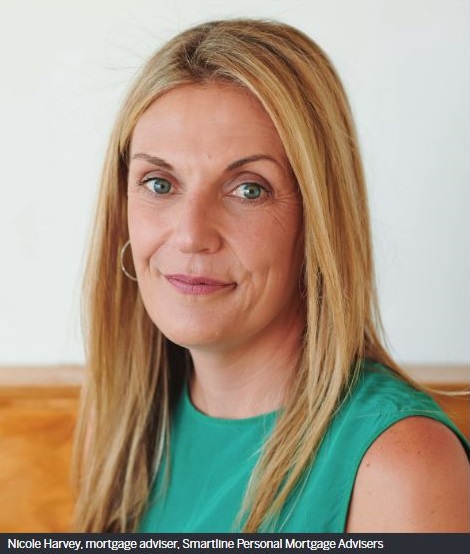

Who better to teach children about managing money than the people who help their clients reach their financial goals every day – brokers. Australian Broker spoke to two Perth brokers about their involvement in Global Money Week.
If there’s one thing COVID-19 has taught us, it’s the importance of taking control of our finances.
Families had to tighten their belts during the height of the pandemic last year, with many people forced to rely on JobKeeper and JobSeeker to survive. Even those whose jobs weren’t affected have had more time to focus on the family budget, especially paying down debt and saving money.
But financial literacy should not just be a priority for adults; it needs to be taught to children as well.
Since 2012, Global Money Week has been raising awareness of the importance of ensuring children and young people are financially aware and are acquiring the skills they need to make sound financial decisions.
Organised by the OECD International Network on Financial Education, Global Money Week has reached more than 40 million children in 175 countries.
In Australia, it has been supported by ASIC and the MFAA, with the peak body encouraging its broker members to teach students about financial literacy.
Two Perth brokers who have done just that are Gerhard Sifkovits of Elite Finance Australia and Nicole Harvey of Smartline Personal Mortgage Advisers.

“I love the monthly catch-ups the MFAA offers,” he says. “Those meetings always have industry experts as guest speakers; that’s just one of the ways the MFAA ensures we keep up to date with the ever-changing landscape.”
Sifkovits says he came to realise there was a lack of understanding of basic finance, “with lots of people failing to adhere to those basic principles and not understanding the consequences of their financial behaviour”.
“As a broker we can make a massive difference in people’s lives in helping them to tidy up their financials and training them to be more financially savvy. So when they get themselves into the biggest commitment they make in their life we know that they are ready.
“The Global Money Week initiative is a great way to get the attention of the younger age group and teach them about good savings and spending patterns up to high-school age where it starts to get a bit more sophisticated.
“This is a fantastic resource that is provided by the Global Money Week initiative and made available through the MFAA.” Sifkovits has three children, and his two younger ones attend Maida Vale Primary School, where he presented Global Money Week lessons for two years running.
“Unfortunately, COVID has prevented a third year happening [in 2021], but I’m looking forward to presenting again in the future.”
The aim of the lessons is to get children to form a healthy relationship with their finances and understand that financial wealth is created over time and requires discipline.
“At school I’m talking about a saving/spending pattern and how to always put some of your pocket money aside to save for the longer term.
“I am also the school banking coordinator, which works hand in hand with the Global Money Week initiative as we can prove the creating-wealth-over-time component. I also emphasise the difference between debit and credit cards in the hope that our kids will adopt a save-before-you-spend habit rather than our current ‘spend now, pay later’ behaviour.”
 Sifkovits says it’s very important to teach young people about the value of money and savings, and he encouraged brokers to get involved in Global Money Week.
Sifkovits says it’s very important to teach young people about the value of money and savings, and he encouraged brokers to get involved in Global Money Week.
“We are living in a spending society with products ready at your fingertips even if we don’t have the money for it, for example Afterpay, Zip Pay, storecards.
“Looking back at my life, I never had any other loan except a home loan, and once tried a credit card with a $1,000 limit just to find out that it costs too much money and doesn’t add value. So I cut it up and closed the account. I suppose this behaviour was adopted from my parents who taught me how to manage my finances.”
Sifkovits says these days most children see “parents swiping a card or getting a delivery made to the door without the exchange of physical money”.
“We need to start to teach kids from an early age to ensure that they have the fundamentals and a sound understanding [of finance] when they become adults. Global Money Week Initiative is the right pathway to introduce those fundamentals.”
Sifkovits says the school curriculum should include financial literacy.
“I would love to imagine a world where everyone has at least 10% savings when applying for a loan, and no or low levels of debt. Imagine what difference that would make for us brokers not needing to worry if our clients actually understood what we spoke about in the meeting as they already had sufficient enough knowledge.”

“I joined Smartline in 2016,” says Harvey. “I approached Smartline because I was looking for a family-friendly company where I could do what I love and still be there for the boys. I was so fortunate that they found me a place in one of the franchises – Victoria Park – and I became an MFAA member.”
Harvey says she has had the privilege of taking part in Global Money Week, delivering financial literacy sessions to students at Perth high school Shenton College.
“It was very much last-minute notice; however, as my boss said, despite the fact we were so busy, ‘Do it – you’ve been banging on about it’. So I managed to get it together for the next day.“
A key point I took on was that schools were encouraging saving – they have opportunities for banking every week. However, to me that isn’t enough. So what I presented to the Year 9 and 10 students was an extension of that.”
Harvey says she started the lesson with a focus on ‘needs versus wants’.
“It sounds simple, but when kids are bamboozled by the media via devices and TV, it’s about explaining that they have a choice and they have the resources at their fingertips to make a better-informed decision.”
Harvey also talked to the students about securing their first part-time job – “starting with choosing a bank for their pay to go into, the choices they can look into, getting a tax file number, and talking about superannuation when that comes into play. Letting them know that if they aren’t being paid correctly, or are bullied in the workplace, they have a voice with support”.
Harvey also explained to the students what a credit report is, how it can affect you in the future, and ways to eliminate the chances of having a poor credit report.
“I believe that financial literacy is one of the best gifts we can give to our kids. It needs to encompass so many things, the main one being that if you can give kids the tools to make their financial journey with clear boundaries, we can set them up for a healthy financial journey where they will be better equipped when it comes to getting their first job and less likely to experience financial burden in the future.”
Harvey says financial literacy should be a core subject from primary school age, and if schools aren’t able to facilitate that it should be brokers who volunteer to provide this education.
WA School Curriculum and Standards Authority executive Allan Blagaich says Western Australia’s mandated maths, humanities and social sciences curriculum includes consumer and financial literacy learning for students from pre-primary to Year 10.
